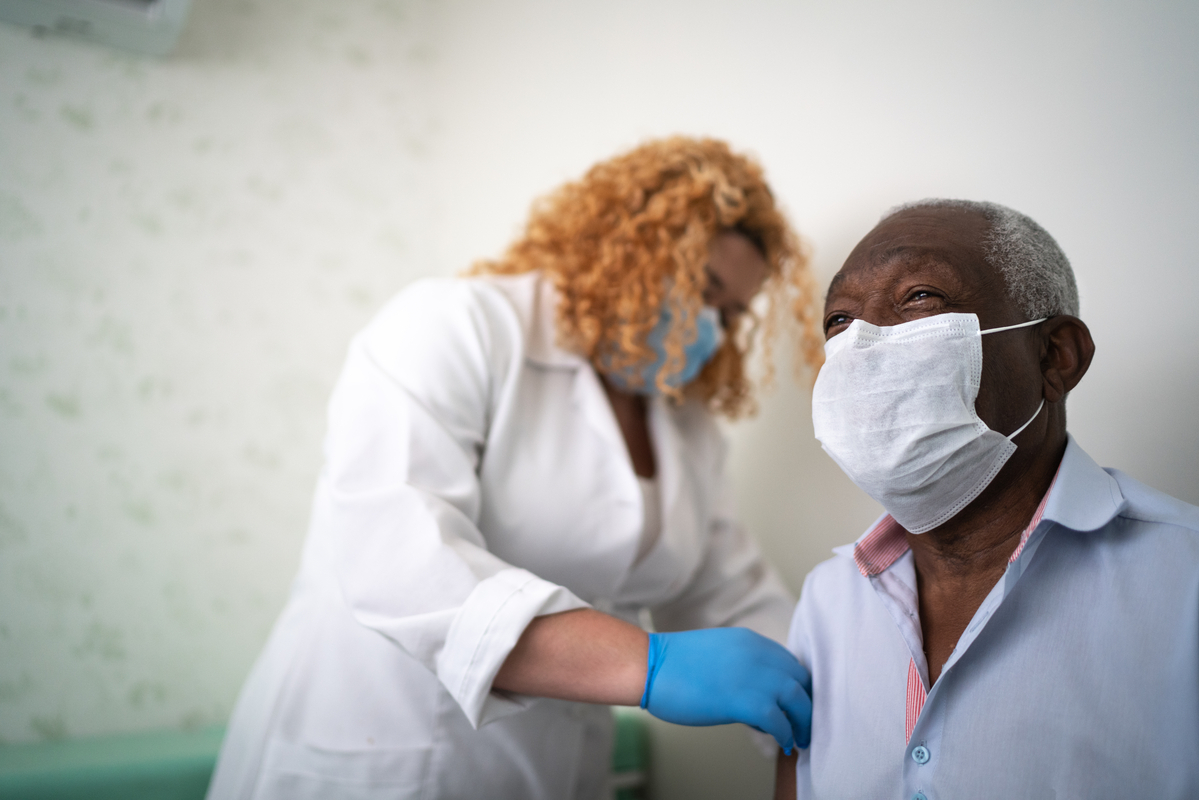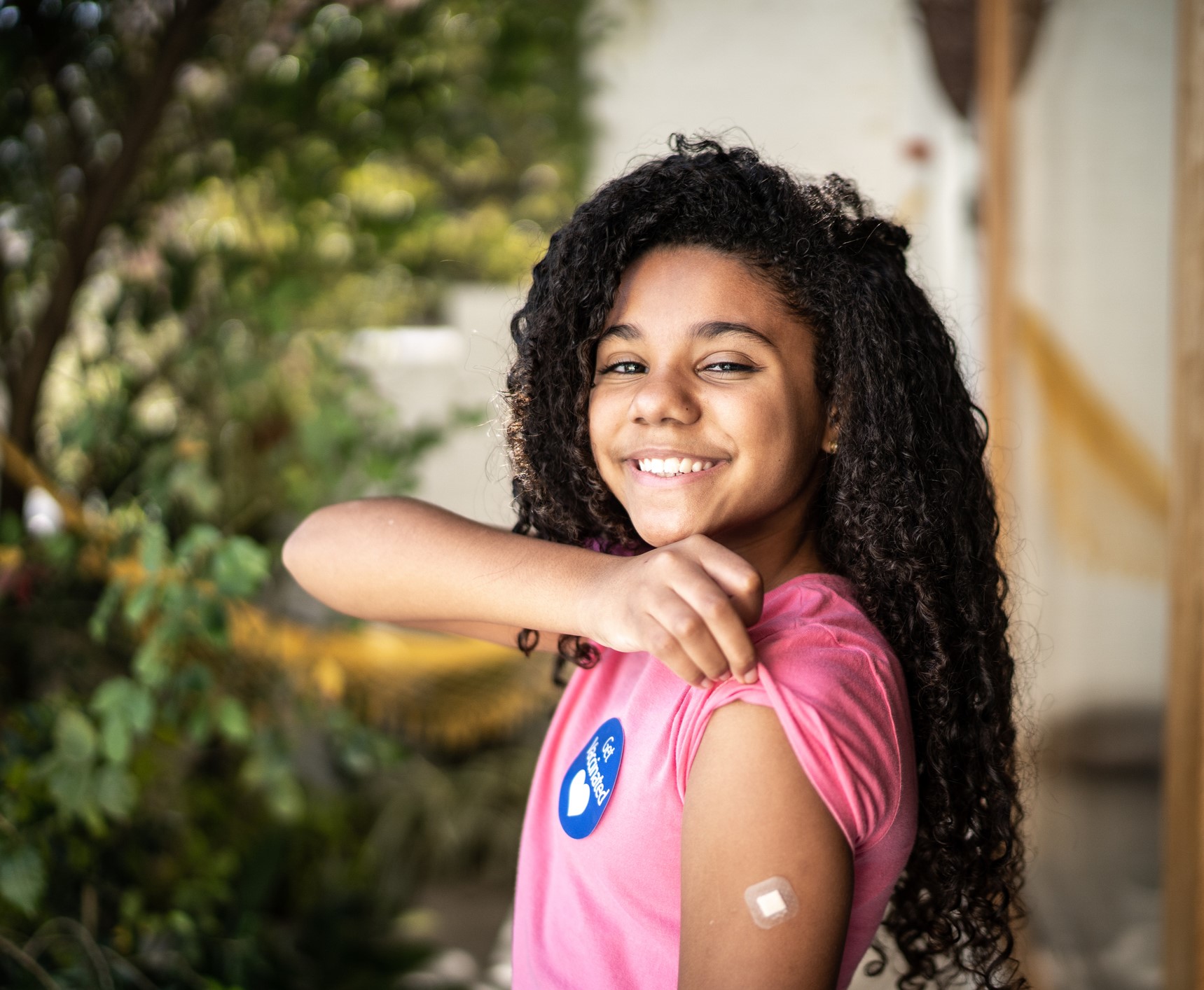

Takeda is committed to bringing better health and a brighter future to people worldwide through leading innovation in medicine. As a patient-driven, science-first R&D organization, Takeda combines cutting-edge technologies with a focus on core therapeutic areas: Oncology, Rare Diseases, Neuroscience, Gastroenterology, Plasma-Derived Therapies and Vaccines.
Takeda is accelerating the use of digital and data to speed delivery of life-saving medicines, while also easing the burden of diagnosis and treatment for patients, their families and healthcare providers. Innovation across the entire healthcare ecosystem holds the key to fully unlocking the power of digital and data for improved patient outcomes.
Takeda is proud to be patient-centric and partner-focused.
To make a bigger impact on peoples’ lives, Takeda is opening its doors to new partnerships that will accelerate the future of personalized healthcare.

Understand the disease and the challenge.
[1] World Health Organization. Factsheet. Dengue and Severe Dengue. March 2023. Retrieved July 2023. [2] Watts, M.J., Kotsila, P., Mortyn, P.G., Sarto i Monteys, V. and Urzi Brancati, C., 2020. Influence of socio-economic, demographic and climate factors on the regional distribution of dengue in the United States and Mexico. International journal of health geographics, 19(1), pp.1-15. [3] World Health Organization, Ten threats to global health in 2019.. 2019. Retrieved in October 2023. [4] Phillips, M.L., 2008. Dengue reborn: widespread resurgence of a resilient vector.Environ Health Perspect. 2008 Sep; 116(9): A382–A388. [5] Ladner, J., Rodrigues, M., Davis, B., Besson, M.H., Audureau, E. and Saba, J., 2017. Societal impact of dengue outbreaks: Stakeholder perceptions and related implications. A qualitative study in Brazil, 2015. PLoS Neglected Tropical Diseases, 11(3), p.e0005366. [6] Wellekens, K., Betrains, A., De Munter, P. and Peetermans, W., 2022. Dengue: current state one year before WHO 2010–2020 goals. Acta Clinica Belgica, 77(2), pp.436-444.
Submit Application>
Do you have idea or innovative solution that could improve Dengue prevention or vaccination in one of these challenge areas?
How to efficiently supply vaccines within a shelf-life of 18 months in a manner that appreciates differences between Latin American markets and strengthens public trust towards vaccinations. We call for ideas and innovations that address or leverage, for example: .
For successful Dengue vaccination campaigns, targeting the right regions and population, disease awareness and digital solutions covering the vaccination journey are important. Can you support:
Dengue prevention strategies should be informed by credible and accurate evidence with Real World Evidence and Insights. Can you generate, access or process (model) health data, for example but not limited, to following themes:

Challenge finalists make their case to Takeda Latin American and global leadership
Challenge finalists make their case to Takeda Latin American and global leadership
Selected winners are invited to contract negotiations with Takeda’s Latin American and global business units
Selected teams advance to develop Proof-of-Concept projects with Takeda funding and to explore further partnering opportunities
C-ANPROM/MX/DENV/0077
Submit Application>|
For questions about this challenge, please email innovation.challenge.global@takeda.com. Privacy Notice |
Terms and Conditions | Contact Us: innovation.challenge.global@takeda.com |
|
|
||
You have ideas with their status linked to a CA work item. The idea status may be updated if it is not up to date. This process cannot be undone. Are you sure?
